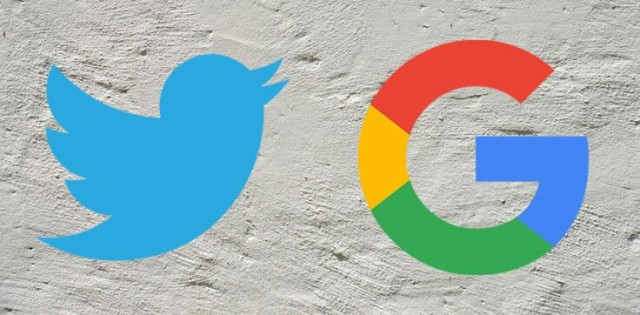In a recent podcast, Sara Beykpour, former senior director of product management at Twitter and now co-founder of the AI news startup Particle, revealed that the first versions of popular Android apps, including Twitter, were built by Google itself.
Speaking on a podcast hosted by Lightspeed partner Michael Mignano, Beykpour discussed her journey at Twitter and shed light on the early days of the social media platform.
She recalled joining Twitter in 2009 when the company had a modest staff of around 75 employees.
Beykpour transitioned to working on mobile at Twitter at a time when third-party apps were gaining traction on other platforms like BlackBerry and iOS. Notably, Twitter's first official iOS app was formed from the acquisition of Loren Brichter’s Tweetie.
Regarding Twitter’s Android app, Beykpour revealed that it was initially developed by Google. She described it as "a demo app that Google had created and gave to us," explaining that Google provided similar apps for other popular social platforms at the time.
Mignano sought clarification, asking if Google's intention was to encourage companies to adopt Android by providing them with apps. Beykpour affirmed this, stating that Google wanted to promote Android adoption.
After receiving the app from Google, Twitter continued to develop it. Beykpour noted that she was the second Android engineer at Twitter.
Interestingly, Google had previously detailed its work on the Android Twitter client in a 2010 blog post, although much of the press coverage at the time did not attribute the app to Google.
Beykpour mentioned that Virgil Dobjanschi, the main software engineer behind the app, was available for inquiries during its development.
Beykpour also shared insights into her involvement with other Twitter projects, including the video app Vine and live-streaming platform Periscope. Reflecting on Vine's shutdown, she emphasized the impact of Instagram's video product launch on Vine's user base.
Now at Particle, Beykpour aims to revolutionize news consumption by offering a multi-perspective view of news while promoting high-quality journalism.
The startup is exploring alternative monetization strategies beyond traditional methods like ads and subscriptions and is currently engaging with potential publisher partners to discuss compensation models.




















